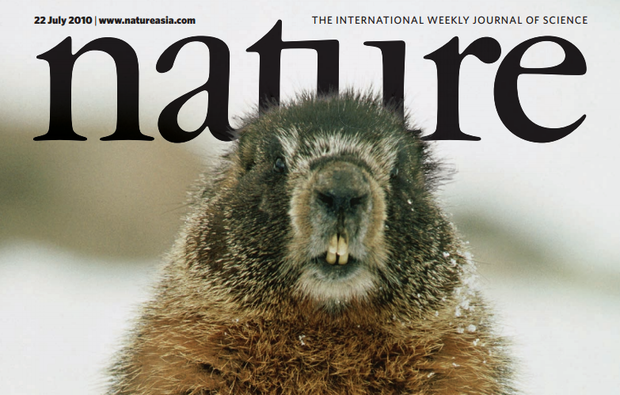The Nature Publishing Group, which among other things, the authoritative scientific journal Nature publishes, has decided all of its publications, accessible free of charge. Be limited to read: for the download of articles remains a subscription is necessary.
The changes were introduced by the publisher explained on its news page. All articles which by the Nature Publishing Group, including that of the toptijdschrift Nature, are published, may soon be free to be read. This is the software Readcube, where the parent company of Nature Publishing Group a majority stake in. Readcube can be read-only versions of scientific publications show, where, among other things, it is possible to make notes.
One of the limitations of the reading system is that it is not possible to select articles to download. Who, for example, a pdf version of an article wants to get still has a plan. Also, security is built-in against the printing of articles. A lot of universities and scientific institutions already have subscriptions to the journals of the Nature Publishing Group publishes.
The free reading of scientific articles by the publisher is seen as a pilot. The company behind the peer-reviewed journals, is hoped that scientists and universities subscriptions continue to take, despite the possibility of free reading. The next year the new policy is evaluated, according to the publisher.
Nature Publishing Group is the owner of many scientific journals, especially in the natural and medical sciences. The journal Nature, is the most well known, and is one of the most authoritative scientific journals. For access to individual articles, which should amount to be paid around 30 euro.
With free read hopes Nature Publishing Group to meet the demands for scientific content available for free. The free accessibility of publications in recent years become increasingly popular with the rise of so-called open access journals. In addition, act scientists against the business model of “closed” journals, which ask money to universities for access to publications while scientists for publication often their copyright must transfer to the journal and to contribute to the publication costs.
The Dutch government wants access to scientific publications over ten years for everyone free of charge. Recently, with another large publisher, Springer, reached an agreement for open access. With publisher Elsevier is not, however, succeeded in concluding an agreement.

